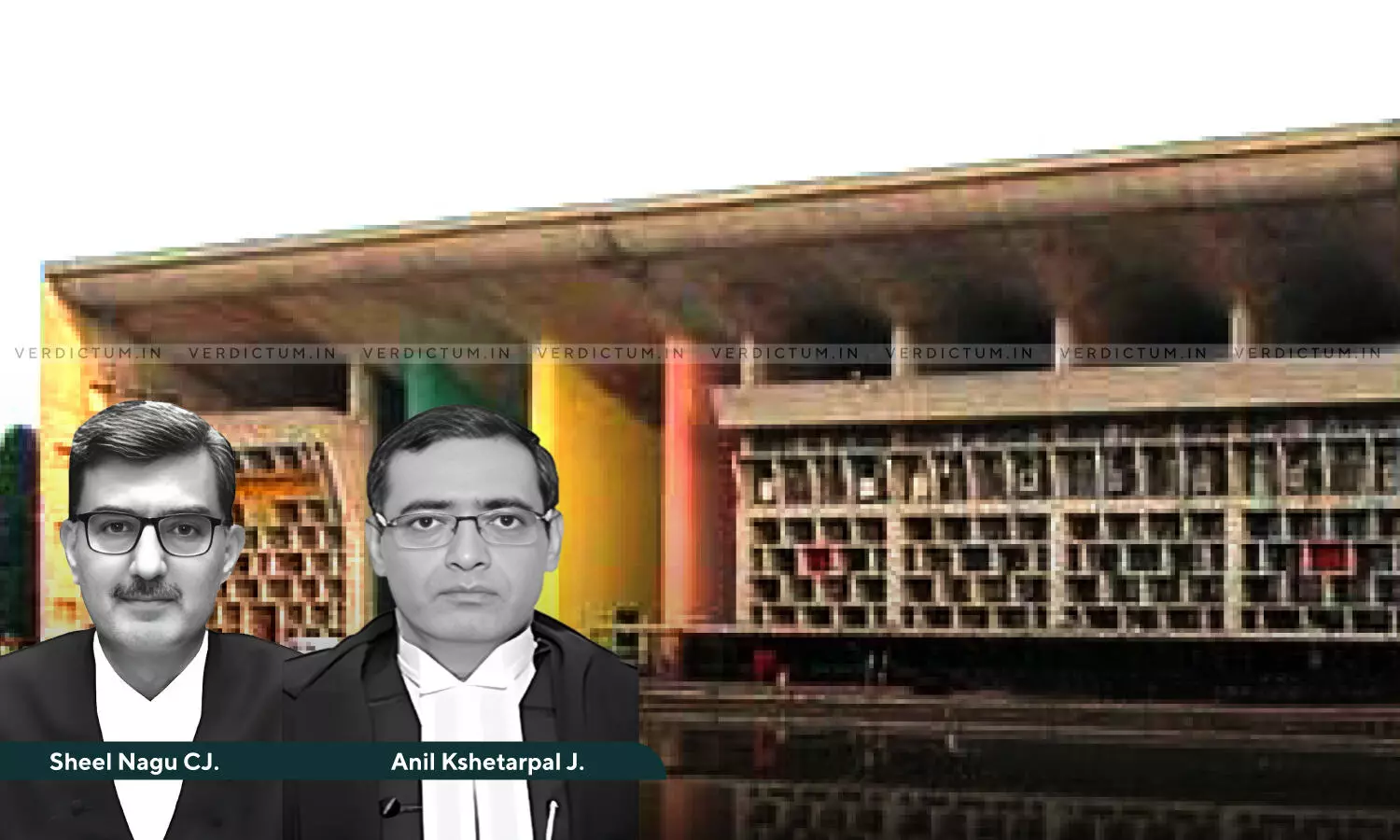
Noise Pollution Is A Cognizable Offence; Police Dutybound To Register FIR: P&H High Court
 |
|The Punjab and Haryana High Court has emphasized that noise pollution is a cognizable offense under The Air (Prevention and Control of Pollution) Act, 1981, and as such, police authorities are duty-bound to register an FIR when informed of such violations. Citing Section Section 173 of the Bharatiya Nagarik Suraksha Sanhita (BNSS), 2023, the Court made it clear that failure to register complaints promptly would be a violation of the law, and police officers are required to take immediate action in accordance with the statutory provisions.
These directions were made while hearing petitions filed by two individuals who had raised concerns about noise pollution violations. The petitioners claimed that noise levels in certain areas exceeded permissible limits, disrupting residents and violating the Noise Pollution (Regulation and Control) Rules, 2000.
This order was issued more than five years after the Court had first introduced a set of fifteen guidelines to regulate noise levels, including a complete ban on the use of loudspeakers during the fifteen days prior to and during school examinations.
A Bench comprising Chief Justice Sheel Nagu and Justice Anil Kshetrapal said, “More so, the offence of noise pollution is a cognizable one under The Air (Prevention and Control of Pollution) Act of 1981, therefore, if any such cognizable offence is informed to the police authorities, they are duty bound to register an FIR under Section 154 Cr.P.C (Section 173 of the Bharatiya Nagarik Suraksha Sanhita (BNSS), 2023)”
The Court further added, "The District Magistrate and Superintendent of Police are directed to be vigilant and on any violation pointed out by any citizen of any District of the States of Punjab, Haryana and U.T. Chandigarh, appropriate steps shall be taken in accordance with law, as expeditiously as possible,”
The Court also emphasized that, in the event of any violations, authorities must take swift and appropriate legal action upon receiving complaints from citizens.
The Court acknowledged that noise pollution is a subset of air pollution and falls under the penal provisions of the Air (Prevention and Control of Pollution) Act, 1981. The Court granted the petitioners the right to file complaints with the police in case of any violation of the noise control guidelines.
The Court stated, “It would be appropriate that since noise pollution is part of air pollution and is punishable under the penal provisions of The Air (Prevention and Control of Pollution) Act of 1981, the petitioner is granted liberty to approach the concerned jurisdictional Police Station and lodge an FIR in the event of any violation of the guidelines laid down by this Court,”
It also clarified that if the police fail to take action, the aggrieved party can approach the Magistrate under Section 156(3) of the Code of Criminal Procedure (CrPC) for appropriate relief.
During the proceedings, the Haryana State Pollution Control Board (HSPCB) and the Haryana government informed the Court that action had been taken against those responsible for the noise violations in the present case. Offenders were summoned, and assurances were given that they would comply with the prescribed noise limits moving forward.
However, the Court expressed concern over the unresolved noise pollution complaints that had accumulated between 2021 and May 2024. Of the 49 complaints filed during this period, only 25 had been addressed, while 24 remained pending. The Court stressed the need for continuous monitoring and enforcement of noise pollution regulations.
The Court also cited the Supreme Court's ruling in Lalita Kumari v. Government of UP, which mandates that police officers must register complaints promptly if a cognizable offense is disclosed. In light of this, the Court warned that any failure by the authorities to enforce the noise pollution guidelines would result in disciplinary action against the responsible officers.
Cause Title: Abhilaksh Sachdev & Anr. v. State of Haryana & Ors., [2024:PHHC:143302-DB]
Appearance:
Petitioners: Advocates Abhinav Sood, Nitesh Jhajhria, Mehndi Singhal, Rohit Mittal, Nitin Chaudhary, Saurav Bhatia, Kuljinder Singh Billing, and Sylvester Stephen
Respondents: Additional Advocate General (AAG) Deepak Balyan, Senior DAG Salil Sabhlok, Advocates Harpriya Khaneka, MS Virk, Mikhail Kad, Ashdeep Singh, and Himanshu Arora, S Wasu